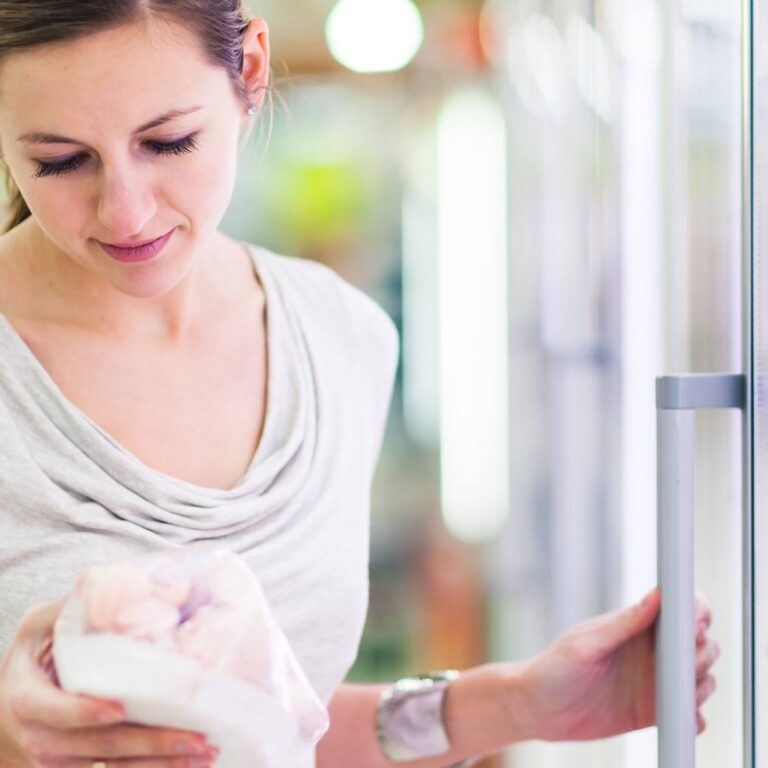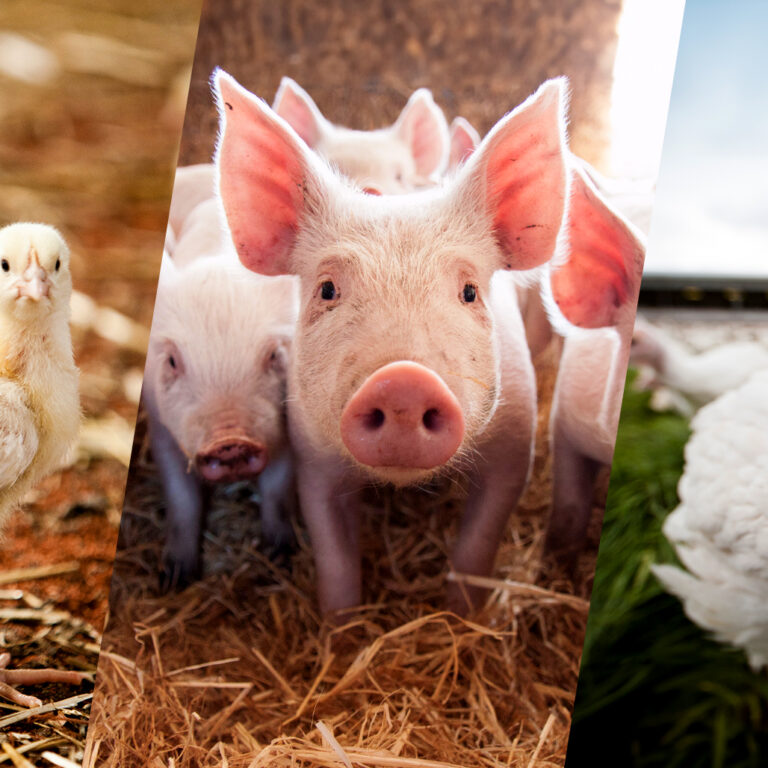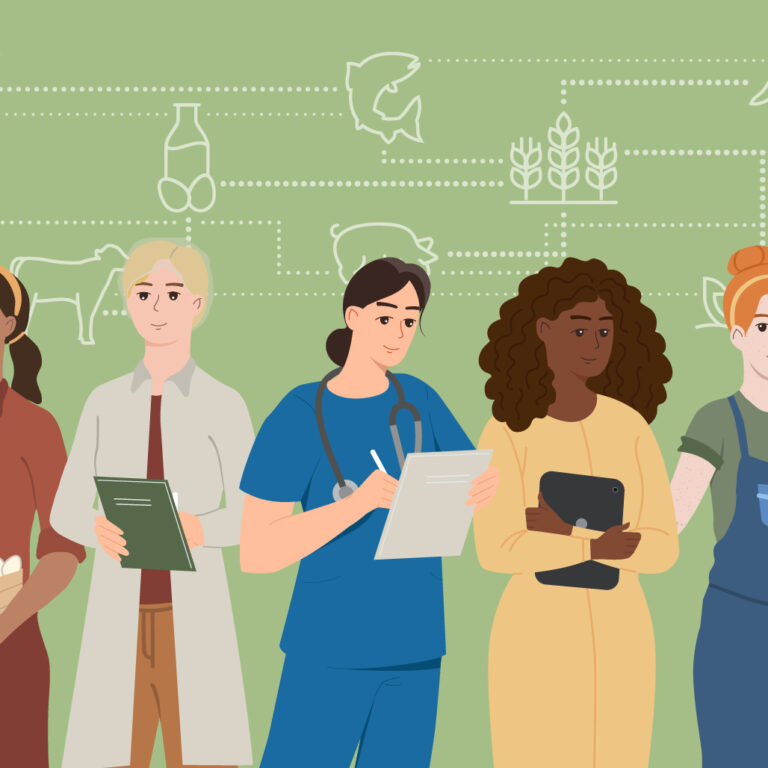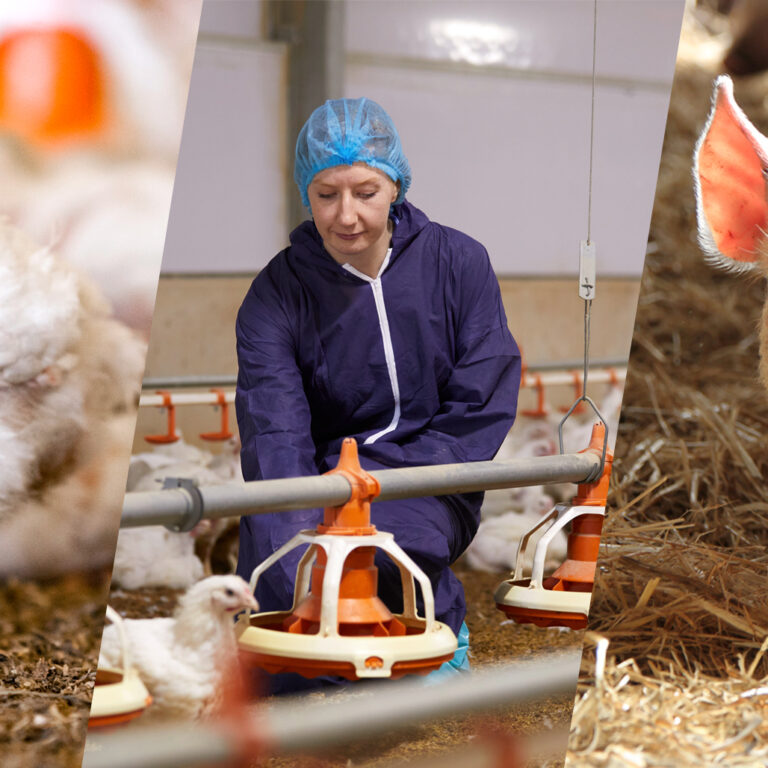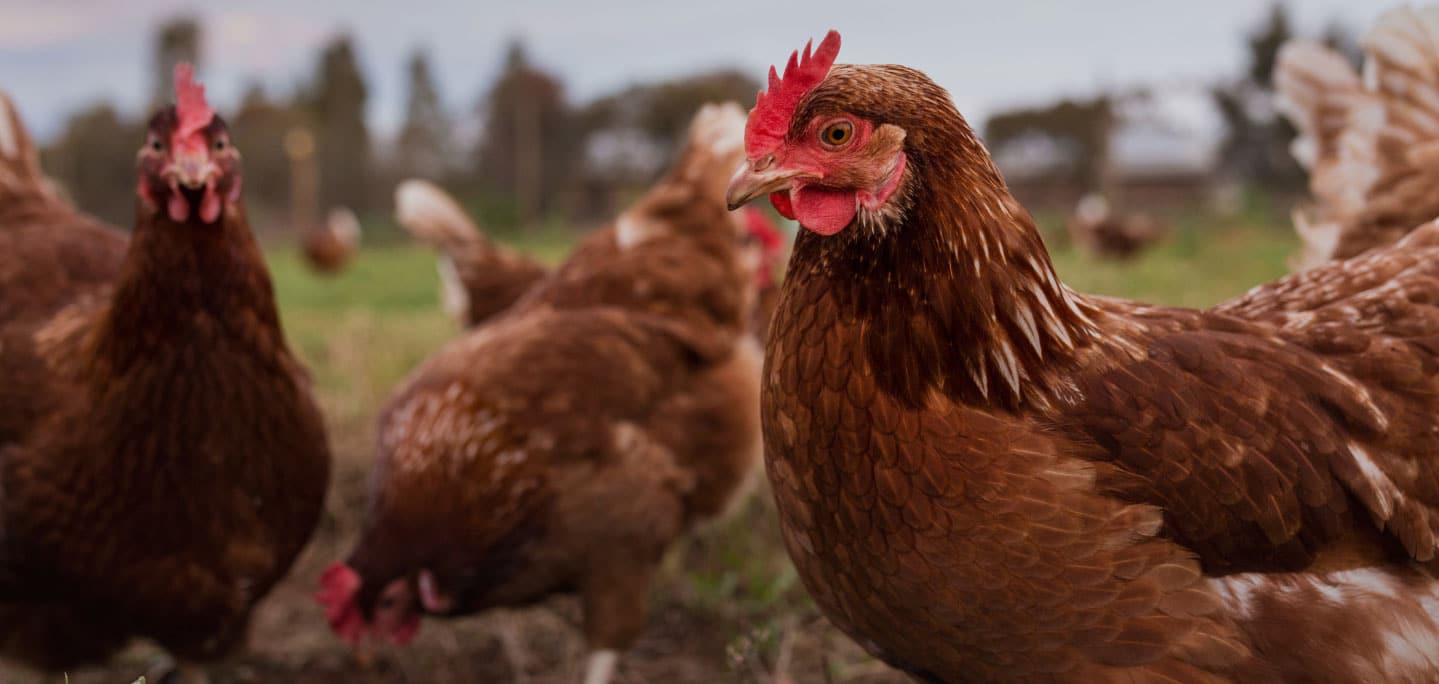As we start a new year (and let’s not forget it’s a new decade), many of us will be thinking about our daily habits and their impact on the world around us. There’s no denying the growing interest in understanding where and how our food is produced.
But in this age of information overload, it can be difficult to know how to create positive change in our everyday lives. Whether it’s who we choose to bank with, how we get to work, or the food we eat.
Australians care about animal welfare, including those farmed for food. When it comes to eating animal derived proteins, some are choosing to reduce, some are eliminating all together, and others are seeking more information about how to make a better choice. So while the majority of Australians today still consume meat, dairy and eggs, here’s some tips aimed to help improve the lives of farm animals, today.
So how can you shop to improve farm animal welfare in Australia?
Education is key. Knowledge is power. Seek out evidence based resources on farming and livestock production. You can do this through videos, articles, infographics or even podcasts, developed by a host of respected sources. The RSPCA has an extensive online library of animal welfare articles called the RSPCA Knowledgebase. With scientifically referenced articles, its Australia’s most trusted source of animal welfare science, advice and information. Understanding more about how animals are farmed for food, will give you a better understanding of products to look for and those to avoid. Check it out here.
Closely look at the packaging on products you buy. Australians should read labels carefully and choose products checked or accredited by reputable organisations that have standards available for you to compare. Without nationally agreed definitions or standards for product labelling, terms like ‘free range’ can be used without informing consumers how much access the animals really have to the outdoors. Likewise terms like ‘hencoop’ on eggs can be used to disguise the reality that the eggs have come from layer hens confined to cages. Try our Eat Better app available on iPad to see what different labels can mean for farm animals.
Switch up when possible. Higher welfare can cost more and for some products a better option isn’t always available. By switching up to a better choice, you can signal to businesses that you support a higher welfare product within what’s reasonable in your own budget and lifestyle. For instance with eggs, moving from cage eggs to cage-free eggs is a good first step, and if you can afford RSPCA Approved eggs, even better.
Put it in writing. If you’re unsure what a brand is doing to give farm animals a better life, why not contact them directly or have a look on their website to find out more information. Do they make any declarations that farm animal welfare is an important consideration of their business, and what are they doing to improve animal welfare? This could be through a public commitment to transition away from inhumane products such as cage eggs, and additional measures across their supply chains to uphold farm animal welfare commitments, such as sourcing RSPCA Approved chicken.
Watch out for sneaky eggs. Whilst we see sales of cage eggs steadily dropping in the supermarket, there are still over 10 million hens confined to cages in Australia today. If you’re putting cage-free eggs in your shopping basket, have a look at the other products you buy to see if they use egg in the ingredients, and if they reference cage-free. Big businesses in Australia have been leading the way in moving from using cage eggs in their products to cage free. Some also making the switch for eggs used as ingredient, often referred to as powder or pulp egg. Check out our list of the brands who are Cage Free & Proud.
Don’t underestimate the power of your choices. The eggs you put in your shopping basket are more influential than you might realise. Every time you choose cage-free eggs, or other higher welfare products, you’re sending a message to decision makers that Australians care about farm animal welfare, and want to see our Standards and Guidelines for meat, eggs and dairy reflect that. Your choices matter, so why not make every grocery shop an opportunity to speak up for farm animals?
And if you’re eating out, don’t forget to use the Choose Wisely directory to find your local humane food eating spots.
Want more? Celebrating another year of better welfare or What I didn’t know about humane food

